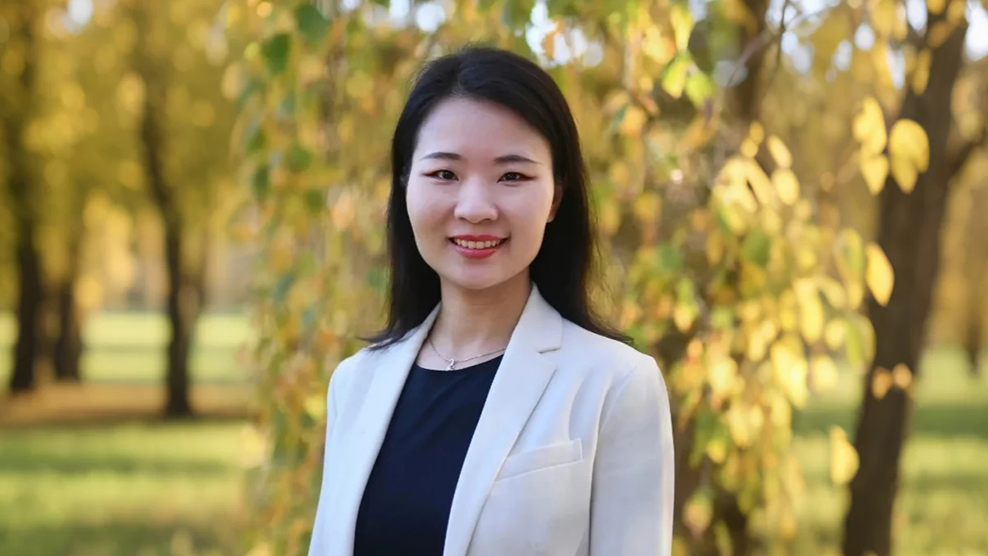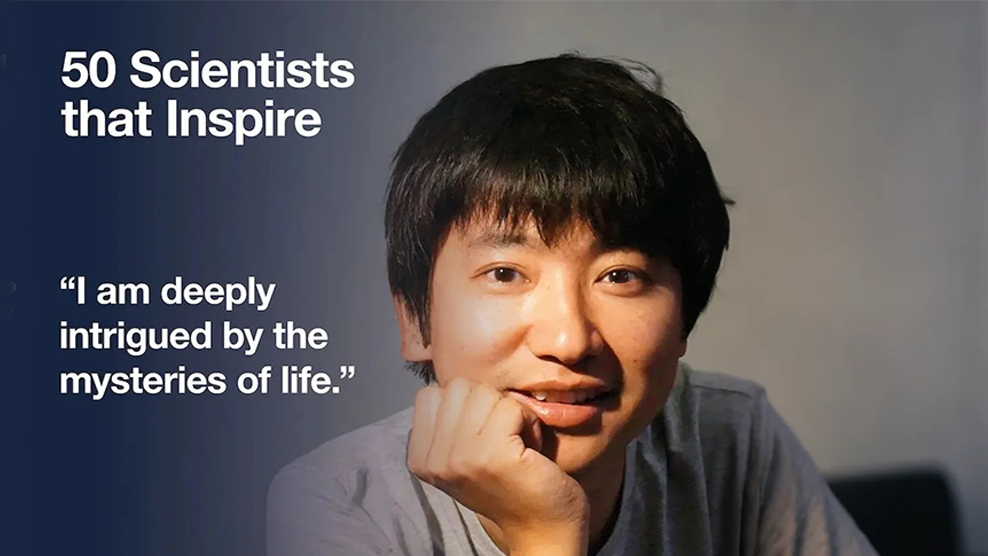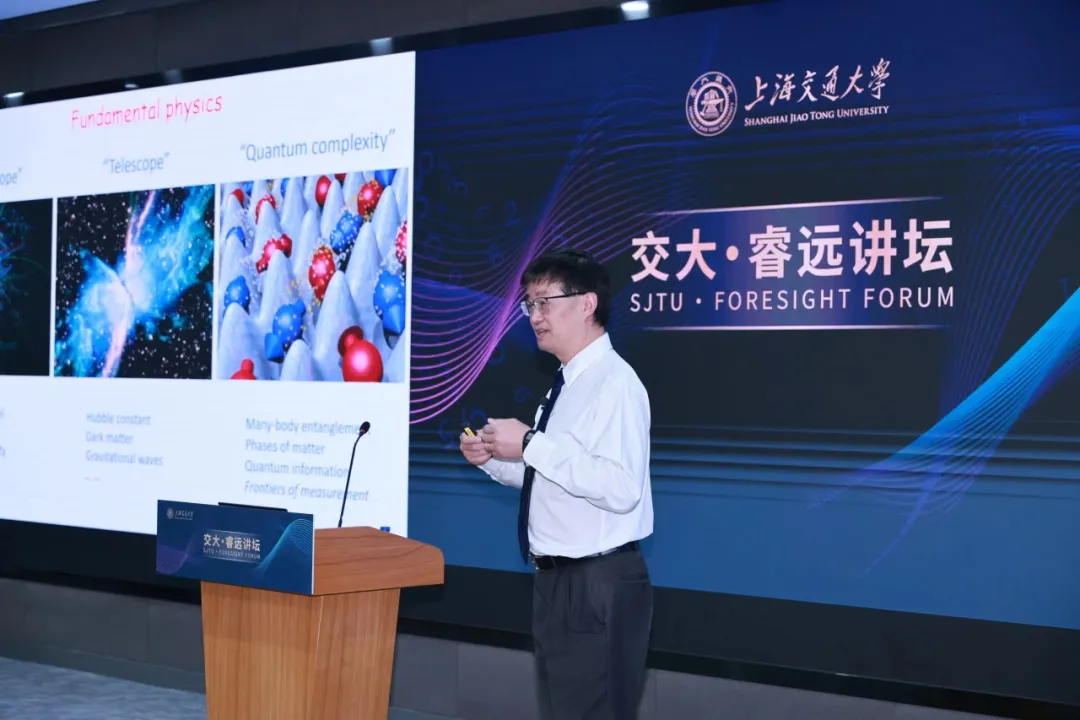On January 24 (local time), Jianfeng Gao, alumnus of Shanghai Jiao Tong University (SJTU), and Haibo Chen, professor at SJTU, were named ACM Fellows for 2023 by the Association for Computing Machinery (ACM). They were among 68 scholars recognized this year for their transformative contributions in fields including algorithm design, computer graphics, cybersecurity, energy-efficient computing, mobile computing, software analysis, and web search.
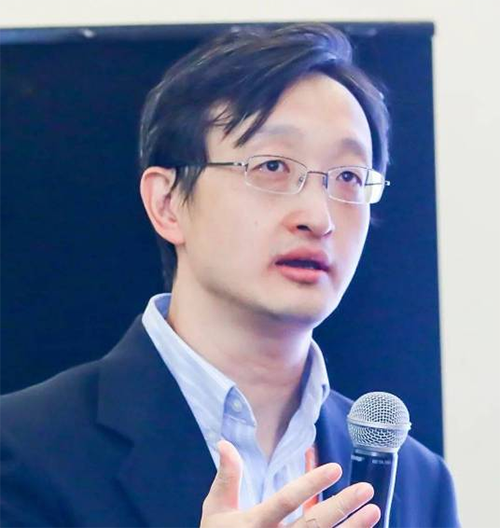
Jianfeng Gao
- Ph.D. in Signal and Information Processing, Class of 1999, School of Electronic Information and Electrical Engineering, SJTU
- Vice President, Microsoft
- Fellow of IEEE
- ACM Distinguished Member
- Head of Deep Learning Group, Microsoft Research
- Associate Professor, Computer Science & Engineering, University of Washington
Jianfeng Gao earned his Ph.D. from SJTU in 1999. While at the university, he led the development of Shanghai’s first independently developed CAD system—BYLCAD—and served as chief designer for the national 863 Project on concurrent engineering at Hainan Xindazhou. He published 19 academic papers during this period of time.
From 2000 to 2005, he was a lead researcher in the Natural Language Computing Group at Microsoft Research Asia, where he co-developed the first Chinese speech recognition system used in Microsoft Office, as well as market-leading input method editors (IME) for Chinese and Japanese and the Microsoft Windows NLP platform.
From 2006 to 2014, Gao was Principal Researcher in the NLP group at Microsoft Research Lab in Redmond, Washington. During this time, he focused on various fields, including internet search, query understanding and rewriting, ad prediction, and statistical machine translation. From 2014 to 2017, he managed Microsoft’s Deep Learning Technology Center, leading research in deep learning for text and image processing. Since 2022, he has been leading research in self-improving AI, including the enhancement and adaptation of large language models (LLMs), such as ChatGPT/GPT-4, for real-world commercial applications.
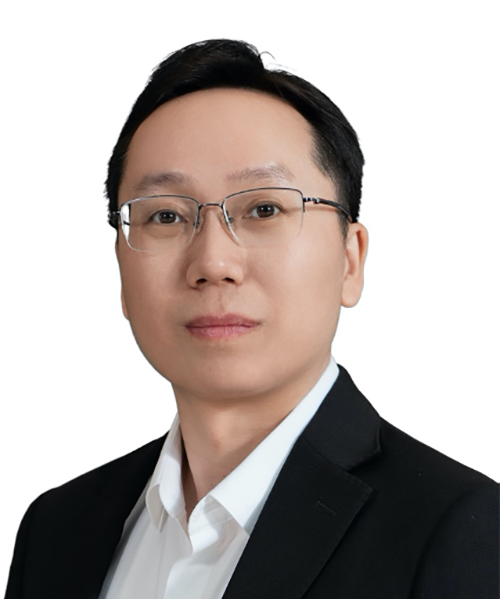
Haibo Chen
- Distinguished Professor, Shanghai Jiao Tong University
- Director, Institute of Parallel and Distributed Systems
- Director, Ministry of Education Engineering Research Center for Domain Operating Systems
- National High-Level Talent Program Awardee
- Fellow of IEEE
Haibo Chen is a distinguished professor at SJTU and director of both the Institute of Parallel and Distributed Systems and the Engineering Research Center for Domain Operating Systems. His research focuses on operating systems, distributed systems, and systems security. Through close integration of academia and industry, his work has been deployed on billions of devices and has had wide-ranging academic and industrial impact.
He has received numerous honors including the Chen Jiageng Youth Science Award (Information Technology), China Youth Science and Technology Award, First Prize in the Ministry of Education's Technological Invention Award, National Excellent Doctoral Dissertation Award, and the CCF Young Scientist Award.
Professor Chen currently serves as:
- Founding Chair, OpenHarmony Technical Steering Committee
- First Chinese editorial board member and area co-chair of Communications of the ACM
- Program Co-Chair, ACM EuroSys 2025
- First non-North American Chair, ACM SIGOPS
His research has earned major recognitions including the Huawei Individual Excellence Award, Best Paper Awards at SOSP, ASPLOS, EuroSys, VEE, the DSN Test-of-Time Award, and the SIGMOD Research Highlight Award. According to csrankings.org, Chen ranks first globally in terms of papers published at the top operating systems conferences (SOSP/OSDI) from 2019 to 2023.
His co-authored textbook Modern Operating Systems: Principles and Implementation won the 2020 “Most Popular IT Book” award and SJTU’s Best Undergraduate Textbook Award in 2022 (updated edition titled Operating Systems: Principles and Implementation). The book is widely adopted by universities, research institutions, and industry professionals.
About the Award
Founded in 1947, the Association for Computing Machinery (ACM) is the world’s first scientific and educational computing society and the most influential professional organization in the computing field, with over 100,000 members in more than 130 countries. Its prestigious Turing Award is widely regarded as the “Nobel Prize of Computing.”
The ACM Fellow distinction is awarded annually through a highly selective peer-review process, recognizing scholars who have made transformative contributions in computing science, technology, and leadership. The number of fellows selected each year represents less than 1% of ACM’s global membership, marking it as the highest honor conferred by the organization.

